Louisiana’s southern region is grappling with a freshwater crisis, worsened by the construction of a massive liquefied natural gas (LNG) plant by Venture Global. As this facility rises from the ground, its thirst for tens of millions of gallons of water clashes with the needs of local residents.
This tension highlights a broader debate: the balance between industrial progress and environmental sustainability. The narrative playing out in Plaquemines Parish mirrors the intricate dance of worldwide environmental struggles. Here, the quest for economic growth frequently clashes with the preservation of nature and community welfare.
A Thirsty Giant in a Parched Land
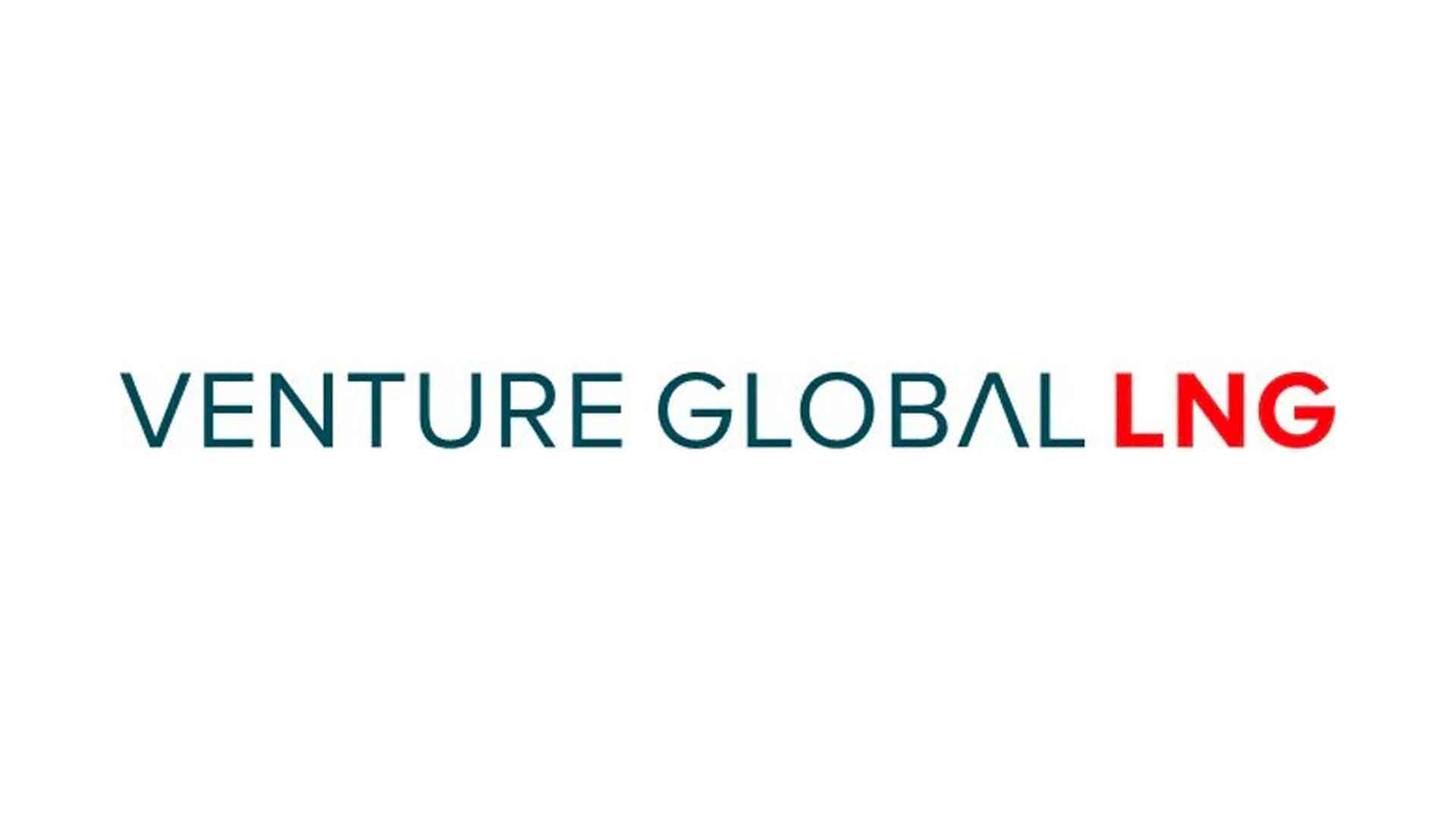
Venture Global’s ambitious project, initiated in 2021, aims to position itself as a leading LNG producer. However, the scale of its water use has raised eyebrows, especially during a period of acute freshwater scarcity.
In just a few months, the company’s operations consumed millions of gallons of water, a significant portion of the local water district’s supply (via The Guardian). This situation brings to light the critical question of prioritizing water usage during times of shortage.
Saltwater Intrusion: A Growing Threat
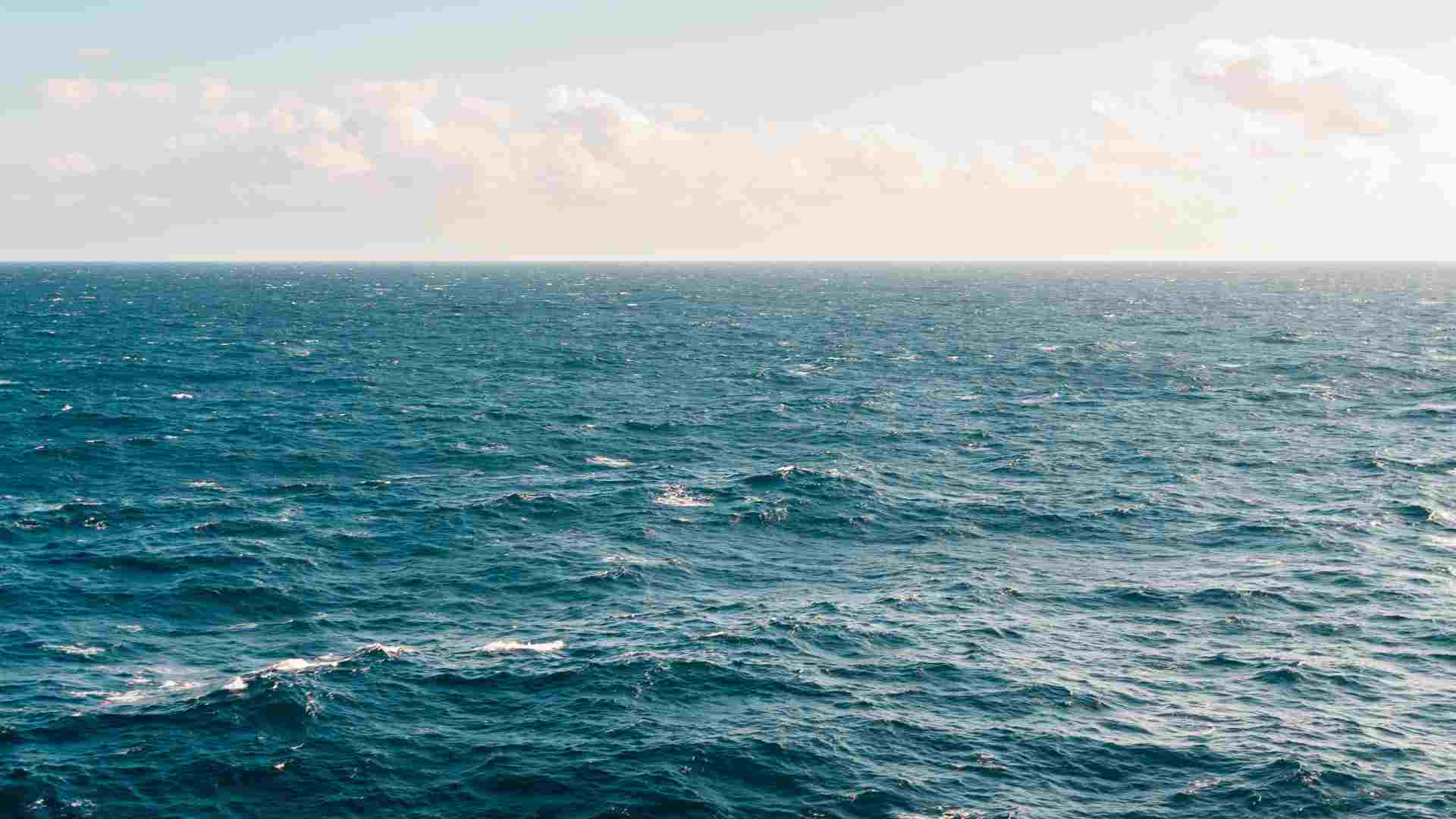
The freshwater crisis in Plaquemines Parish is exacerbated by saltwater intrusion, a phenomenon worsened by two consecutive years of below-average rainfall in the Midwest.
This has weakened the Mississippi River’s flow, allowing saltwater from the Gulf of Mexico to move upstream and contaminate the freshwater supply.
Community in Crisis
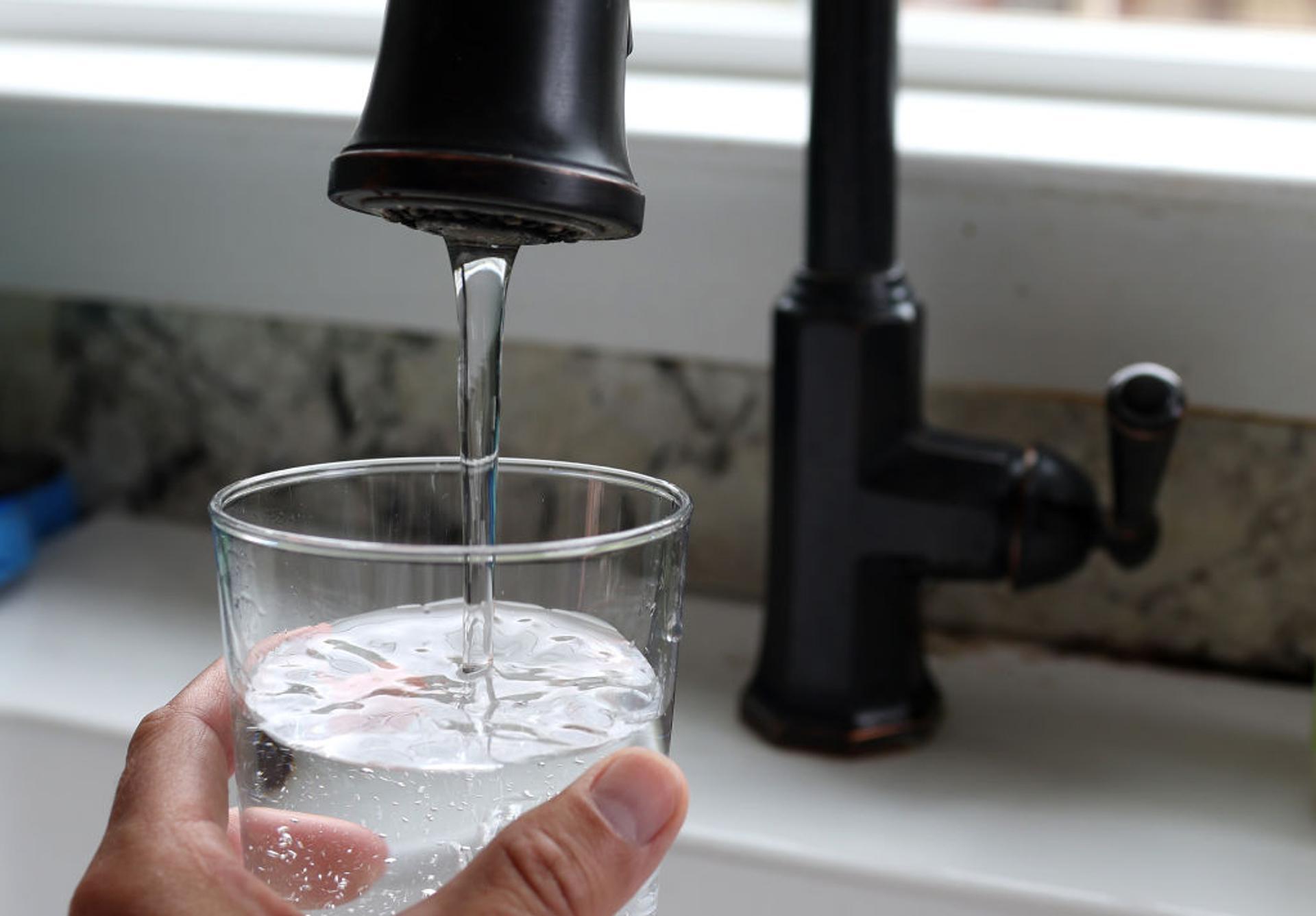
The impact of the water shortage on local residents is profound. Stories emerge of families struggling to meet basic needs, such as a mother who had to bathe her child in a tote bag with bottled water due to the low water supply.
According to WDSU, schools in the area also faced difficulties, lacking sufficient water for drinking as well as air conditioning systems, which is essential for comfort and safety in Louisiana’s warm climate.
The Saltwater Siege
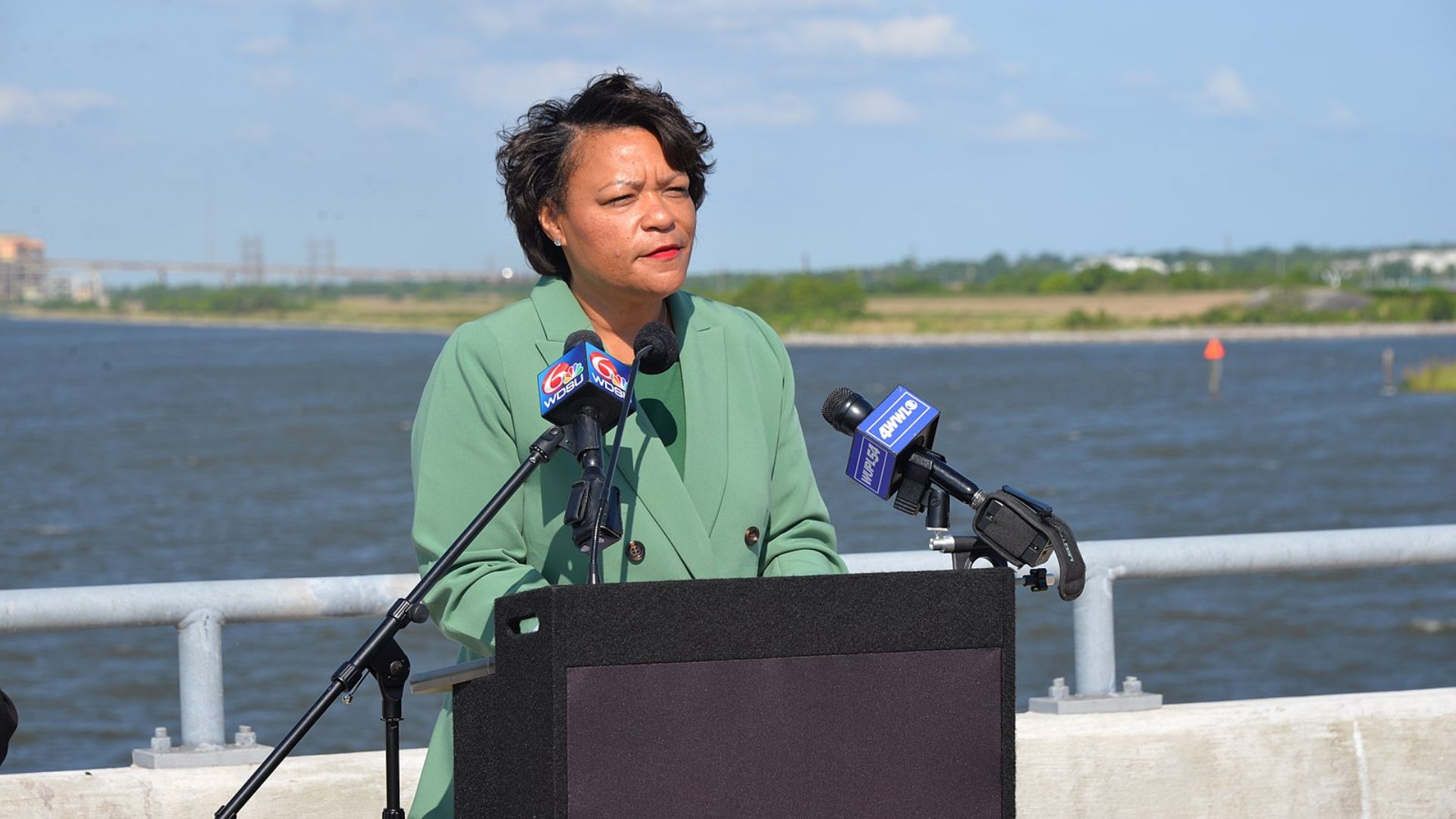
The mayor of New Orleans declared a state of emergency to address potential health risks associated with this issue.
This predicament is not isolated to Louisiana; it signifies a broader concern for coastal cities across the United States.
Plaquemines Parish Feels the Brunt
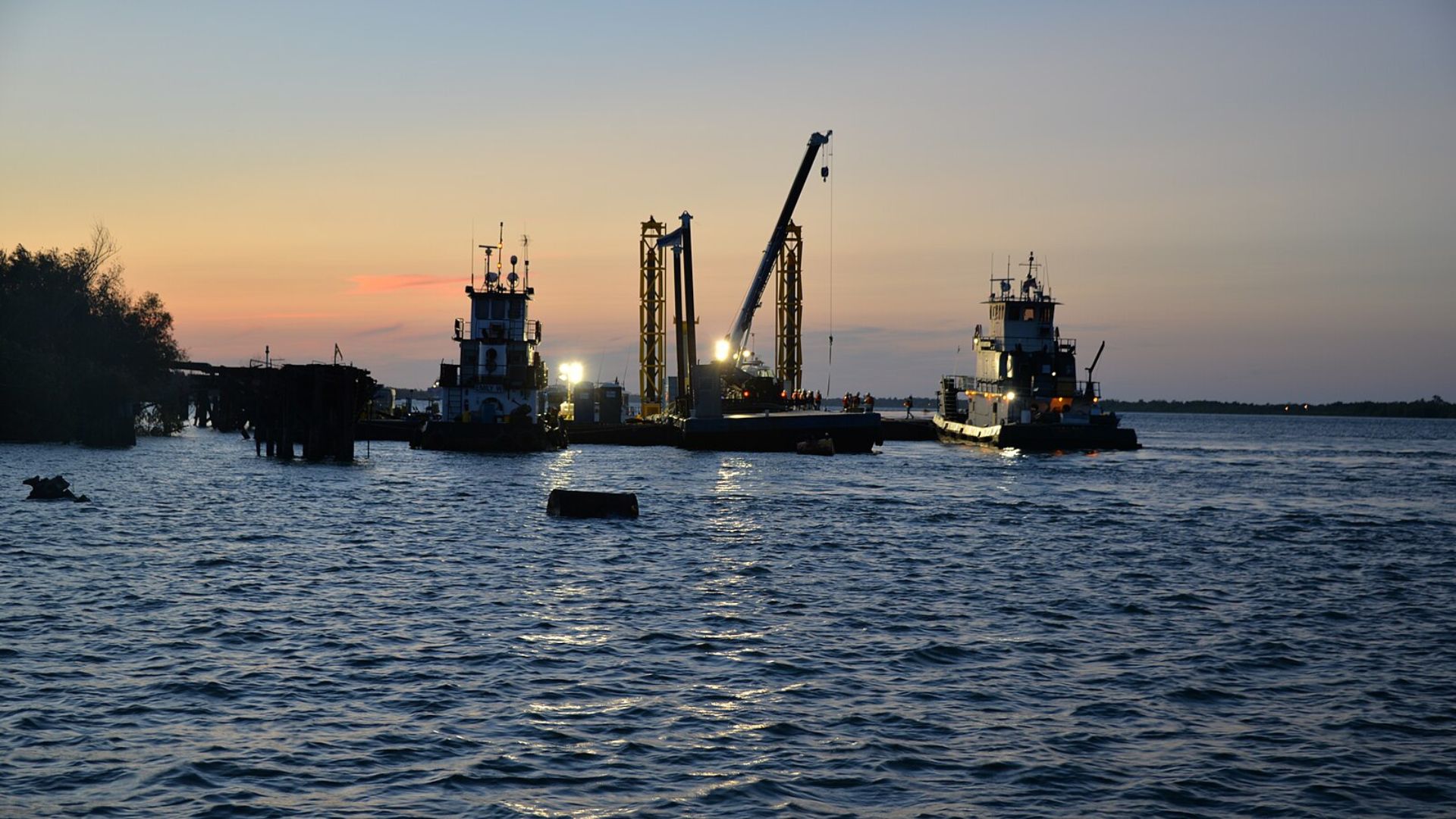
Herman Demoll, a seasoned fisher with deep generational ties to the area, experiences the harsh realities of saltwater intrusion.
He said “We’re having a lot of saltwater intrusion because our estuaries are washing out.I’m seeing stuff out in the water I’ve never seen before. Everything is so busted open that the saltwater just comes flowing in freely.”
A National Concern
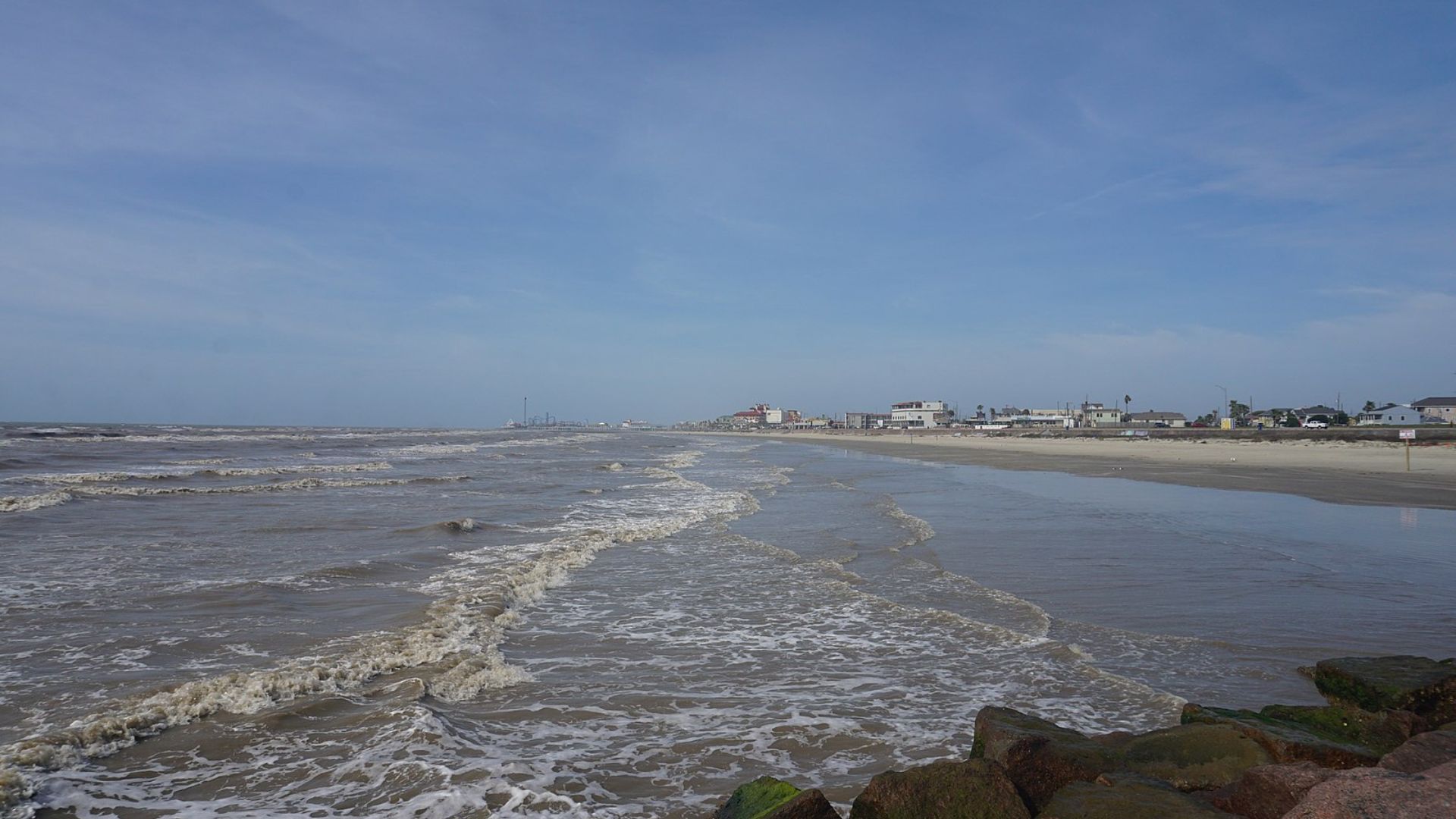
While the Army Corps offers some hope that the saltwater may retreat before affecting New Orleans significantly, the broader trend is unsettling.
Sea-level rise and more frequent extreme weather events due to climate change are expected to escalate saltwater intrusion risks in coastal cities nationwide, as noted by experts in discussions with The Guardian.
Expert Warnings
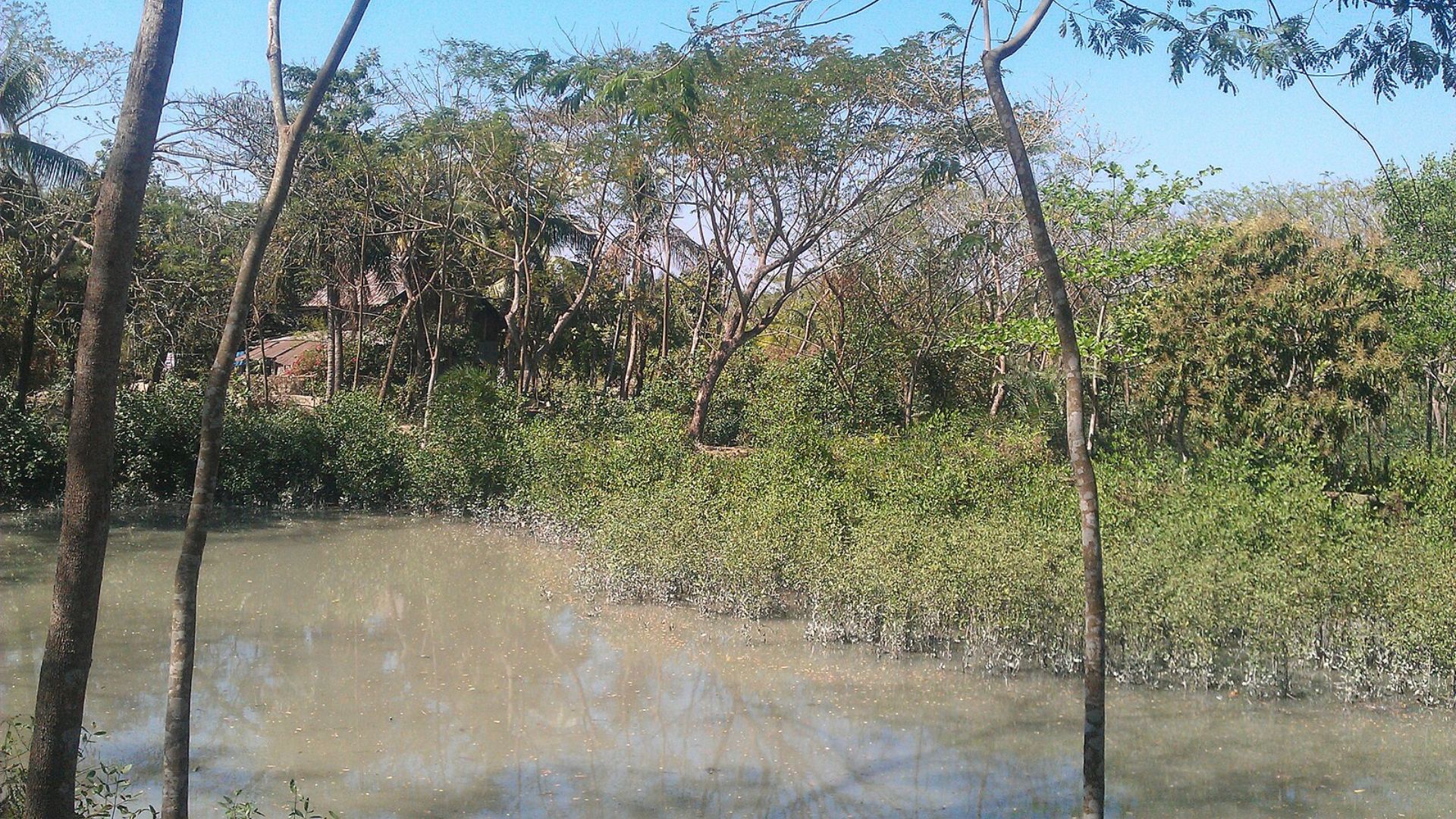
Hydrologist Soni Pradhanang emphasizes the urgency of addressing this issue, projecting a critical need for solutions within the next five to ten years.
The spread of saltwater intrusion is accelerating, demanding swift and strategic responses to mitigate its impact on urban drinking water supplies.
Vulnerable Regions Across the U.S.
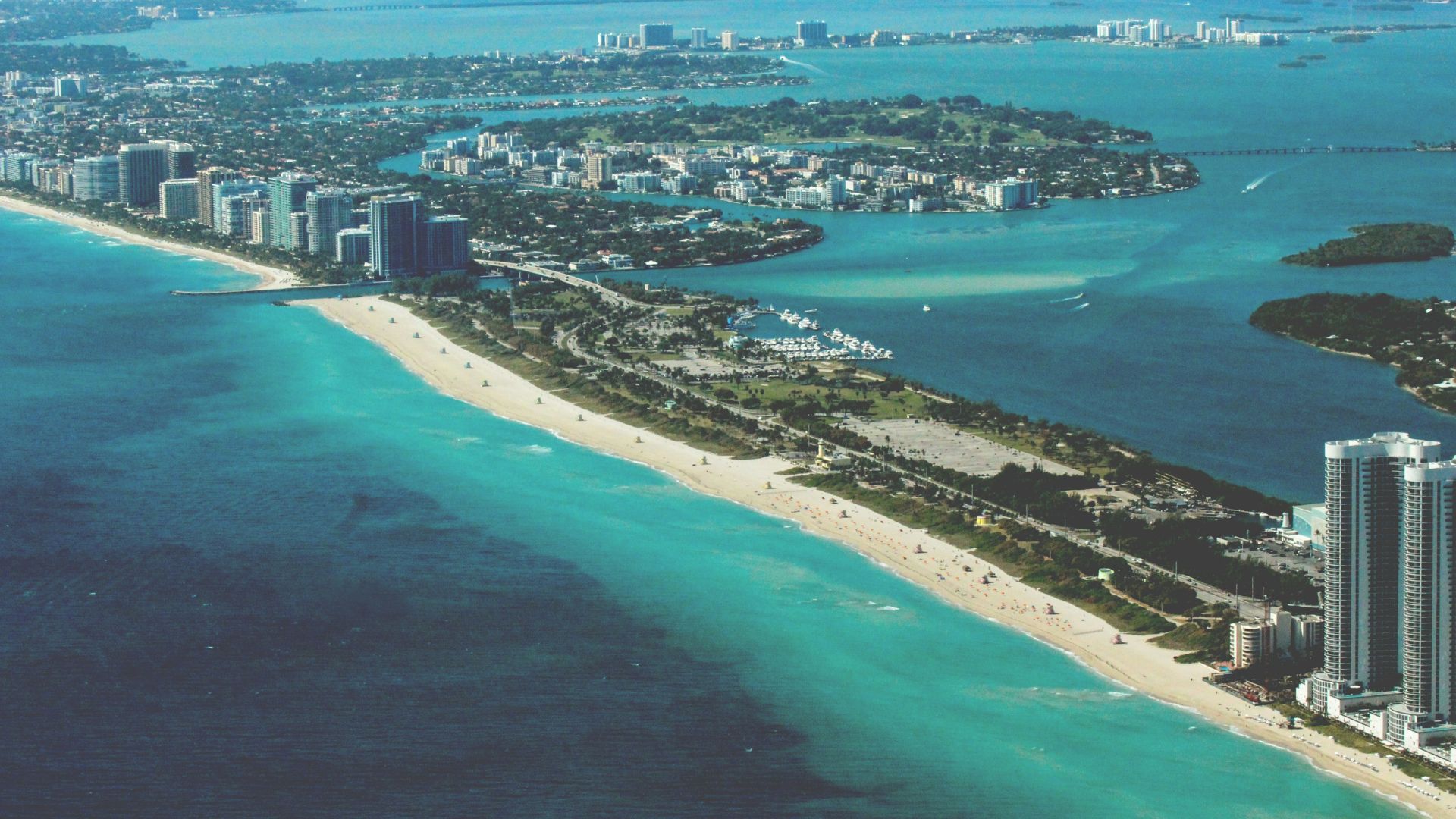
Experts highlight several areas besides Louisiana that could face similar challenges, including Florida, the Northeast, and California.
The widespread nature of this threat underlines the importance of national awareness and preparedness to tackle saltwater intrusion in various vulnerable coastal regions.
Understanding the Salt Line Dynamics
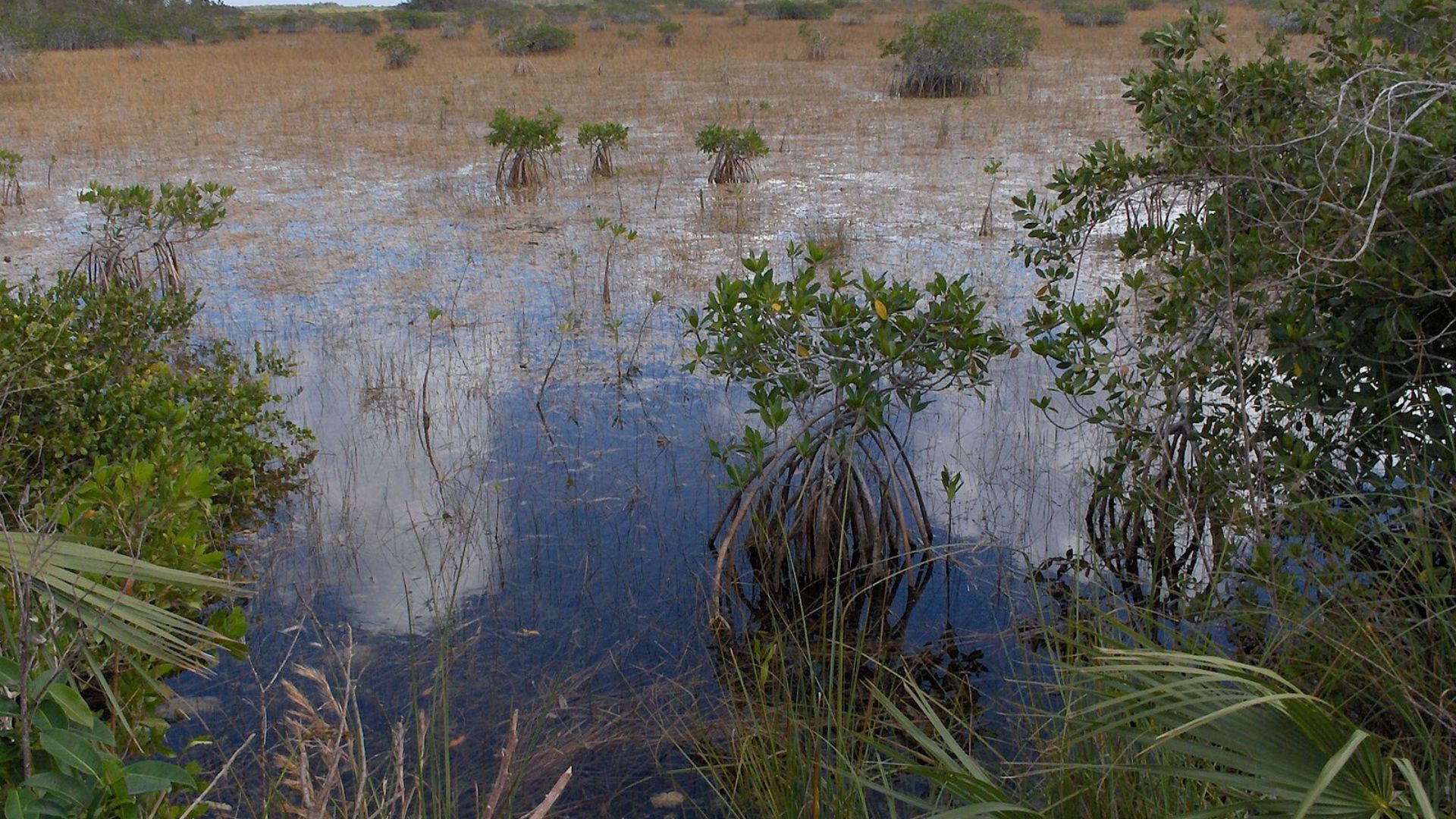
The concept of the salt line, where freshwater meets saltwater, is crucial in understanding this issue.
This boundary is dynamic, influenced by factors like sea-level rise and drought conditions. For instance, in Miami, the salt line is gradually moving inland, signifying the changing landscape of our coastal regions.
Louisiana’s Precarious Position
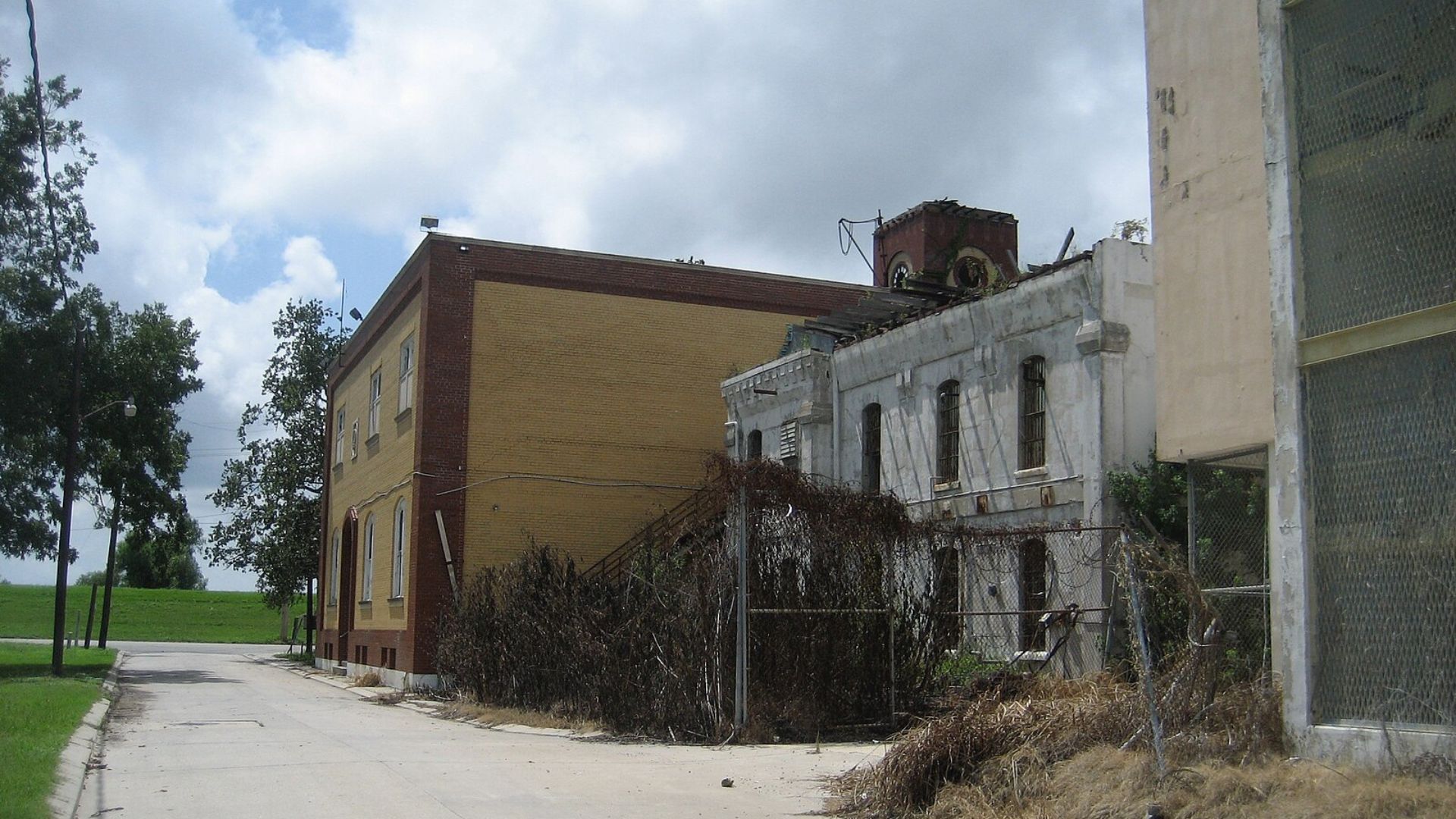
Louisiana is particularly at risk due to its rapid sea-level rise, one of the fastest globally.
This vulnerability is compounded by the state experiencing the hottest-ever Gulf waters this summer, stressing the immediate need for preparedness and adaptation strategies to safeguard water resources.
Proactive Measures Required
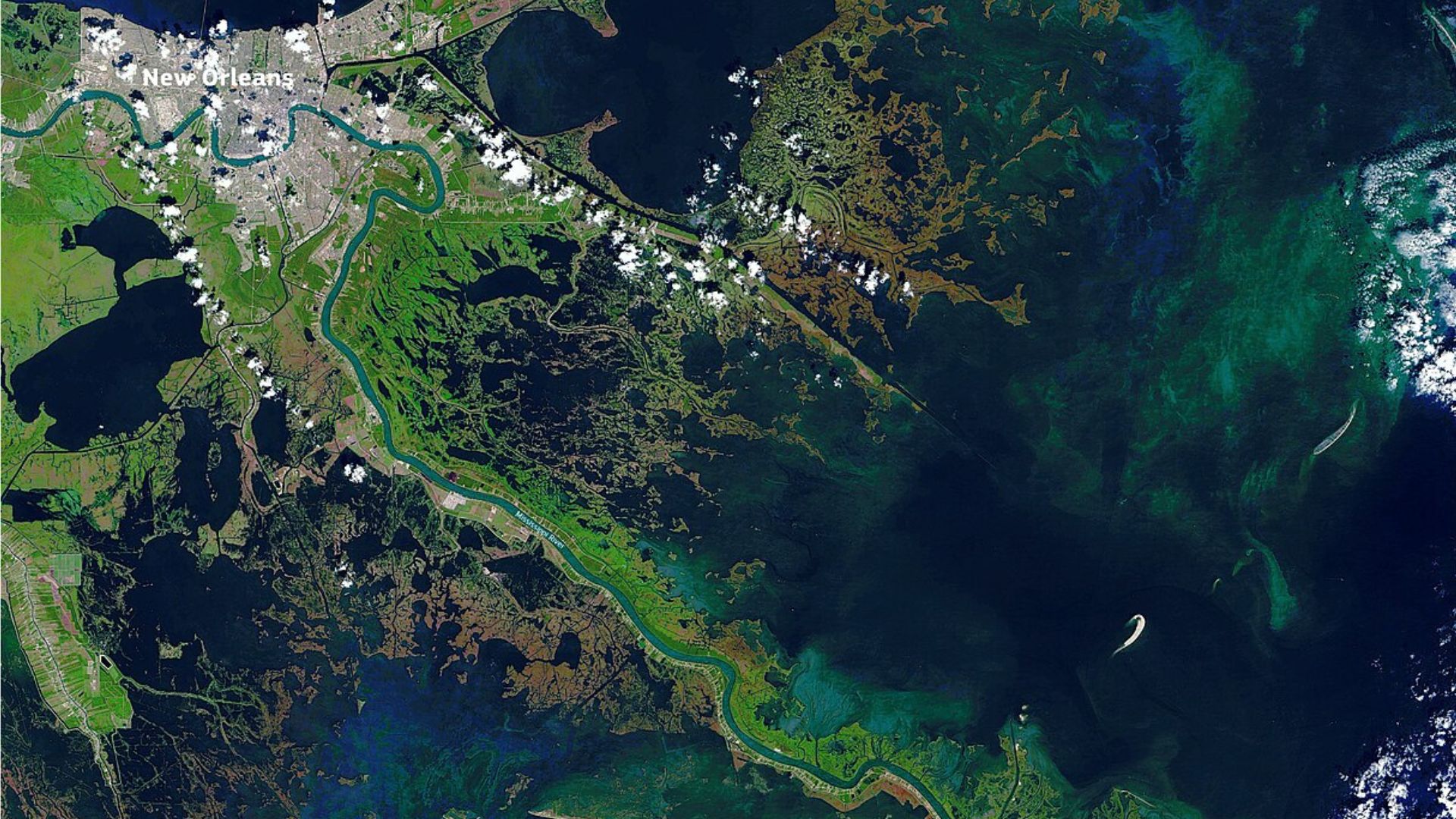
While some areas might have more time to prepare, the situation calls for immediate action across the board.
Addressing saltwater intrusion is essential not just for the present but for future generations, ensuring the sustainability and safety of our drinking water sources.
The Invisible Threat Underground
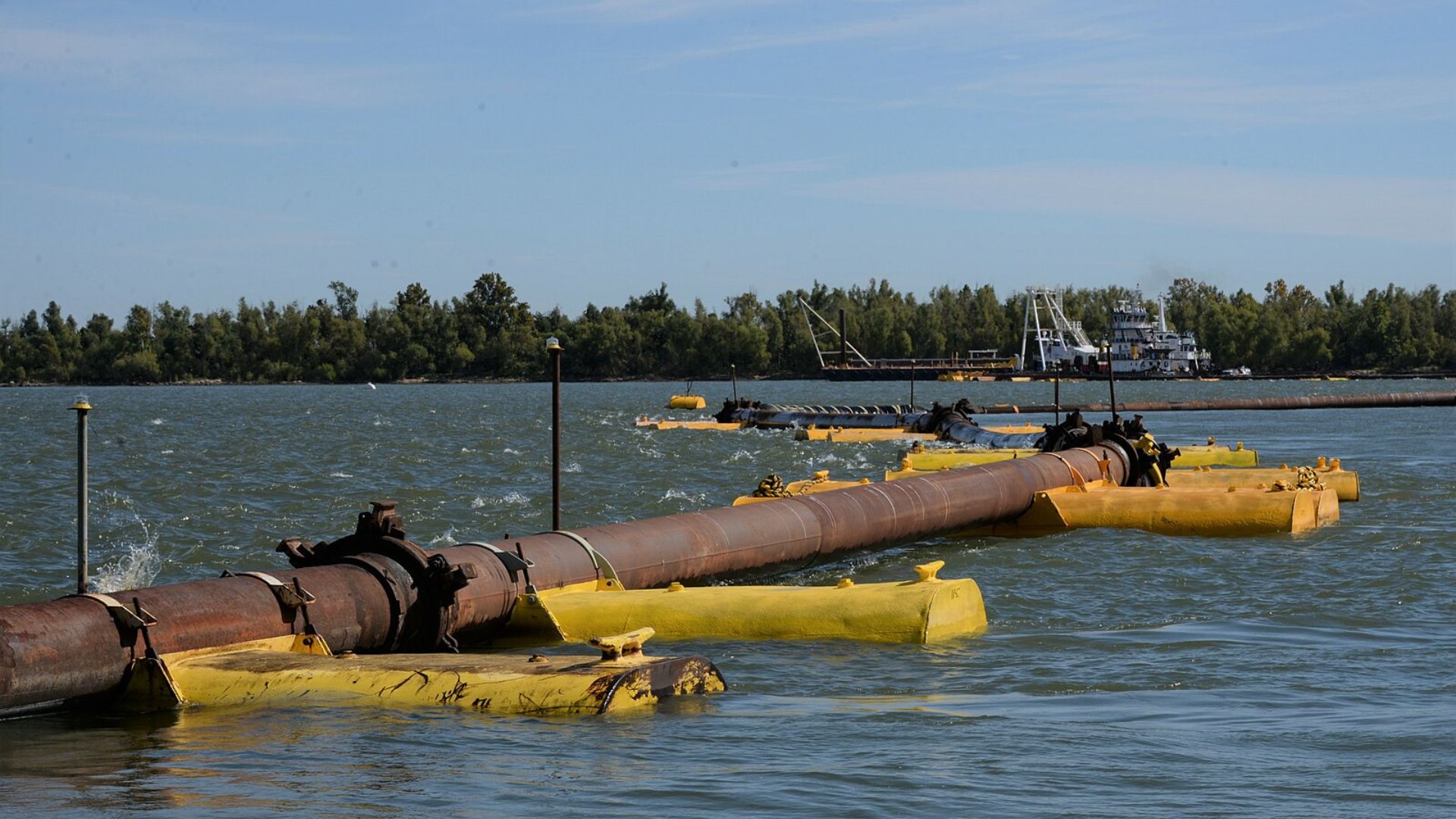
The challenge of saltwater intrusion is often out of sight, occurring beneath the surface as saltwater seeps into freshwater aquifers.
This process is exacerbated by excessive groundwater pumping, highlighting the need for sustainable water management practices to counteract the intrusion.
Navigating the Health Risks of Saltwater Intrusion

CNN notes that with most Americans already exceeding recommended sodium intake levels, the additional salt from contaminated water sources poses a significant health risk. The US Centers for Disease Control and Prevention highlights the widespread issue of high sodium consumption, and when our water supply adds to this intake, the consequences can be dire.
Tulane University’s School of Public Health & Tropical Medicine provides guidance, noting that water with sodium levels up to 100 mg/L is generally safe for healthy individuals. However, as levels rise to 250 mg/L, the risks escalate, potentially causing serious gastrointestinal and cardiovascular issues.
Community Guidance Amidst Saltwater Challenges

In response to the rising threat of saltwater intrusion, New Orleans is taking proactive steps to protect its most vulnerable populations.
Parents are advised to use either ready-made infant formulas or mix formula powders with bottled water to ensure the safety of their babies’ diets. This precaution is supported by the state’s WIC program, which provides access to these safer alternatives.
Comprehensive Strategies Needed
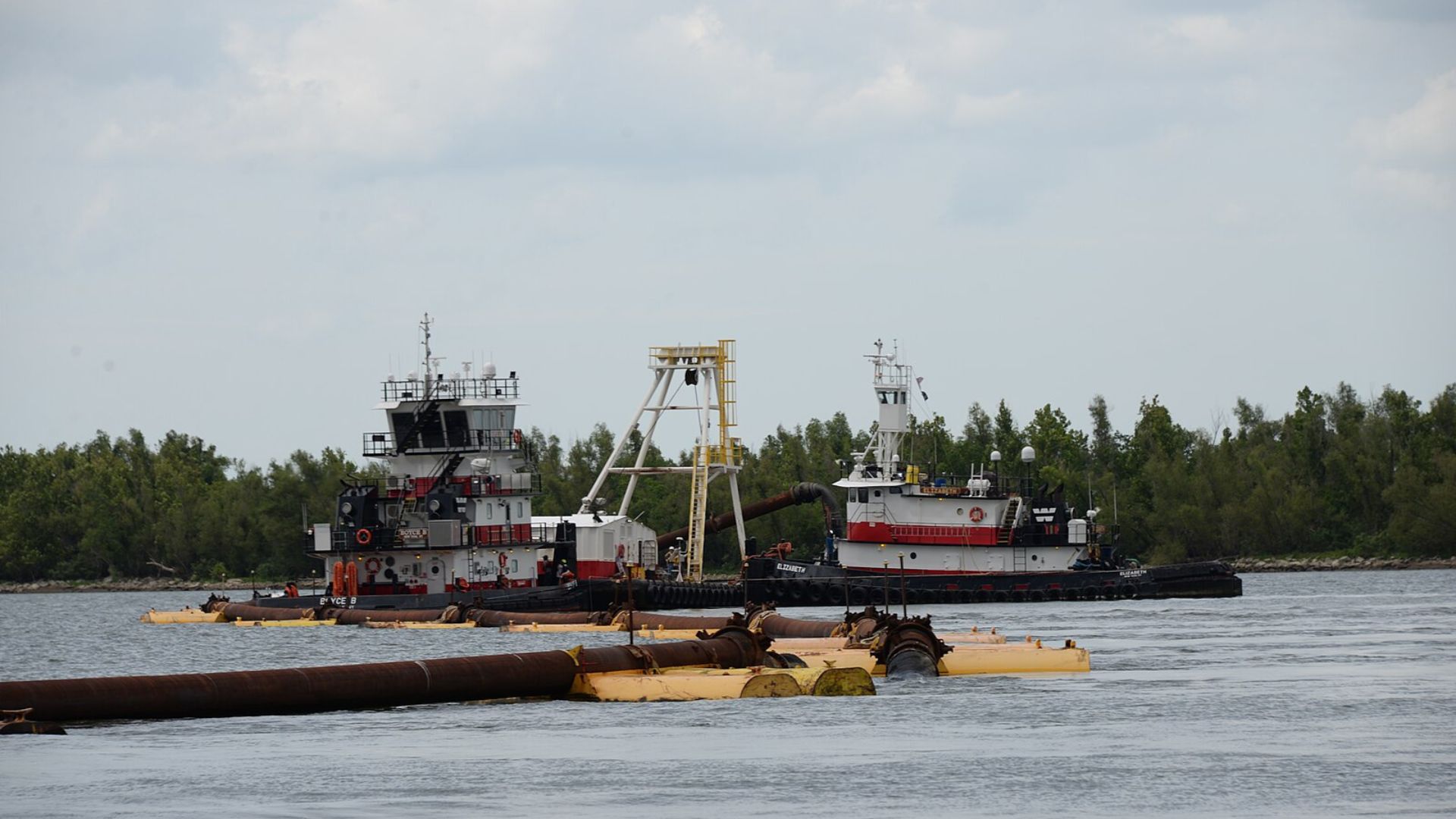
Experts advocate for a holistic approach to combat saltwater intrusion, incorporating infrastructure improvements, water sourcing diversification, and possibly desalination technologies.
Such strategies are vital for building resilience against the escalating threat of saltwater compromising our freshwater resources.
Expert Insights on Water Management

John Sabo, a water resources expert, emphasized the importance of prioritizing human needs during water shortages.
“Whenever you have a water shortage, you have got to look for basic human need first,” Sabo told The Guardian.
A Community’s Plea for Sustainability
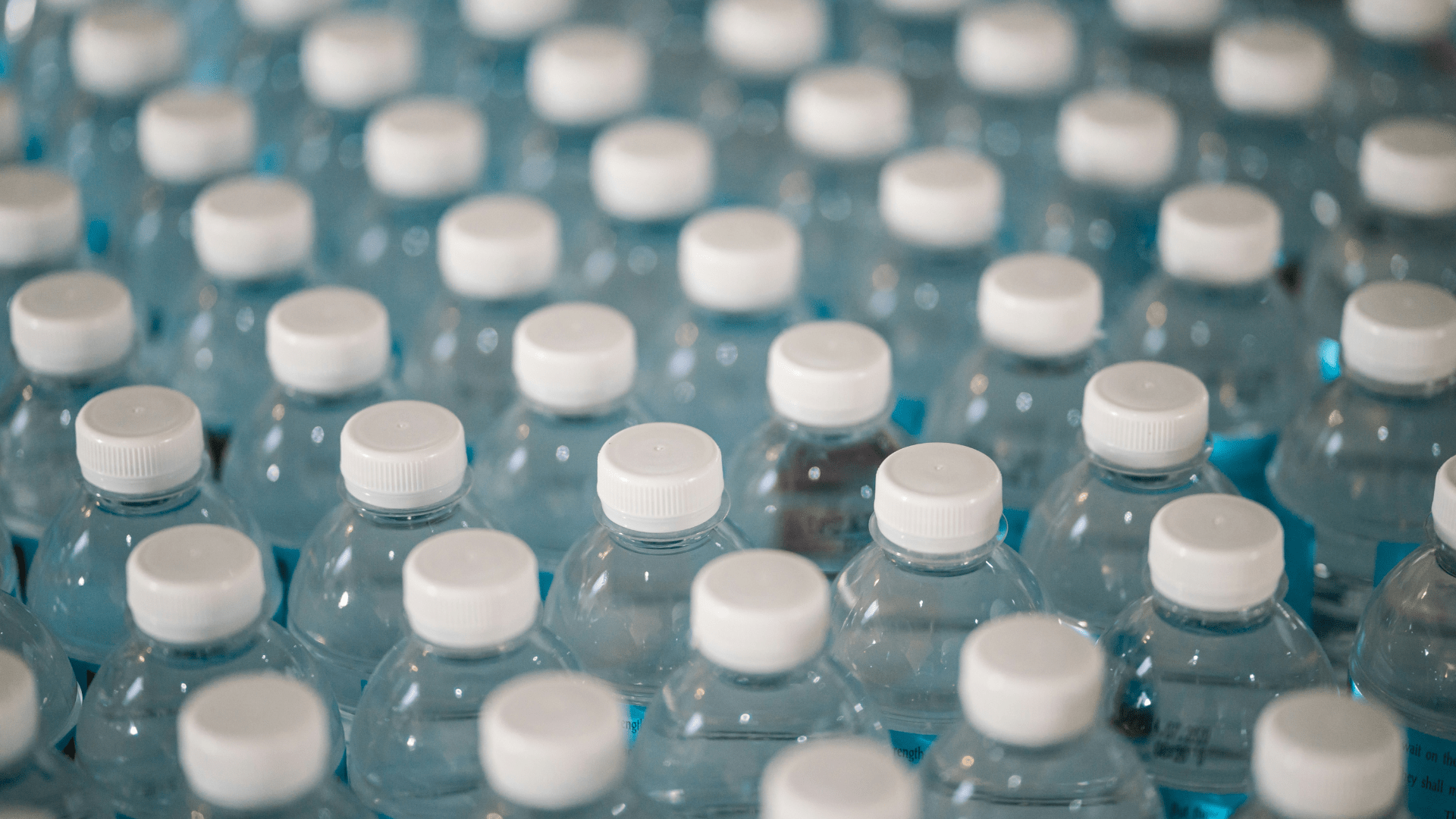
Local advocates have not remained silent. In a collective effort to address the imbalance, they penned a letter to the Federal Energy Regulatory Commission, urging a reevaluation of Venture Global’s certification.
Their argument hinges on the unsustainable industrial use of water at a time when the local population struggles to meet basic needs, highlighting a significant ethical and environmental concern.
Official Responses: A Mixed Bag

The response from local government officials, including the parish president, offers a contrasting (and concerning) viewpoint. Describing Venture Global’s water usage as “truly insignificant,” the company is praised as a “great neighbor.”
This response illuminates the often-complicated relationship between local governments and large corporations, where economic benefits and behind-the-scenes conversations can overshadow environmental and community concerns.
Navigating the Regulatory Landscape

The Federal Energy Regulatory Commission’s role in this scenario is pivotal. Despite community outcry, Venture Global received approval to increase its workforce and extend construction activities.
This decision points to the broader challenges of regulating industrial activities in a way that balances economic development with environmental protection and community welfare.
The Human Cost of Industrial Progress

At the heart of this issue are the residents of Plaquemines Parish, whose daily lives are disrupted by the water crisis.
Their experiences highlight the human cost of industrial progress, where large-scale projects can have unintended consequences on local communities.
Toward a Sustainable Future

The situation in southern Louisiana serves as a call to action for sustainable industrial practices. It reiterates the need for companies to adopt water-efficient technologies and for governments to implement policies that protect natural resources.
The path to sustainability is complex but necessary for ensuring that economic development does not come at the expense of environmental integrity and community health.
Community Empowerment and Advocacy
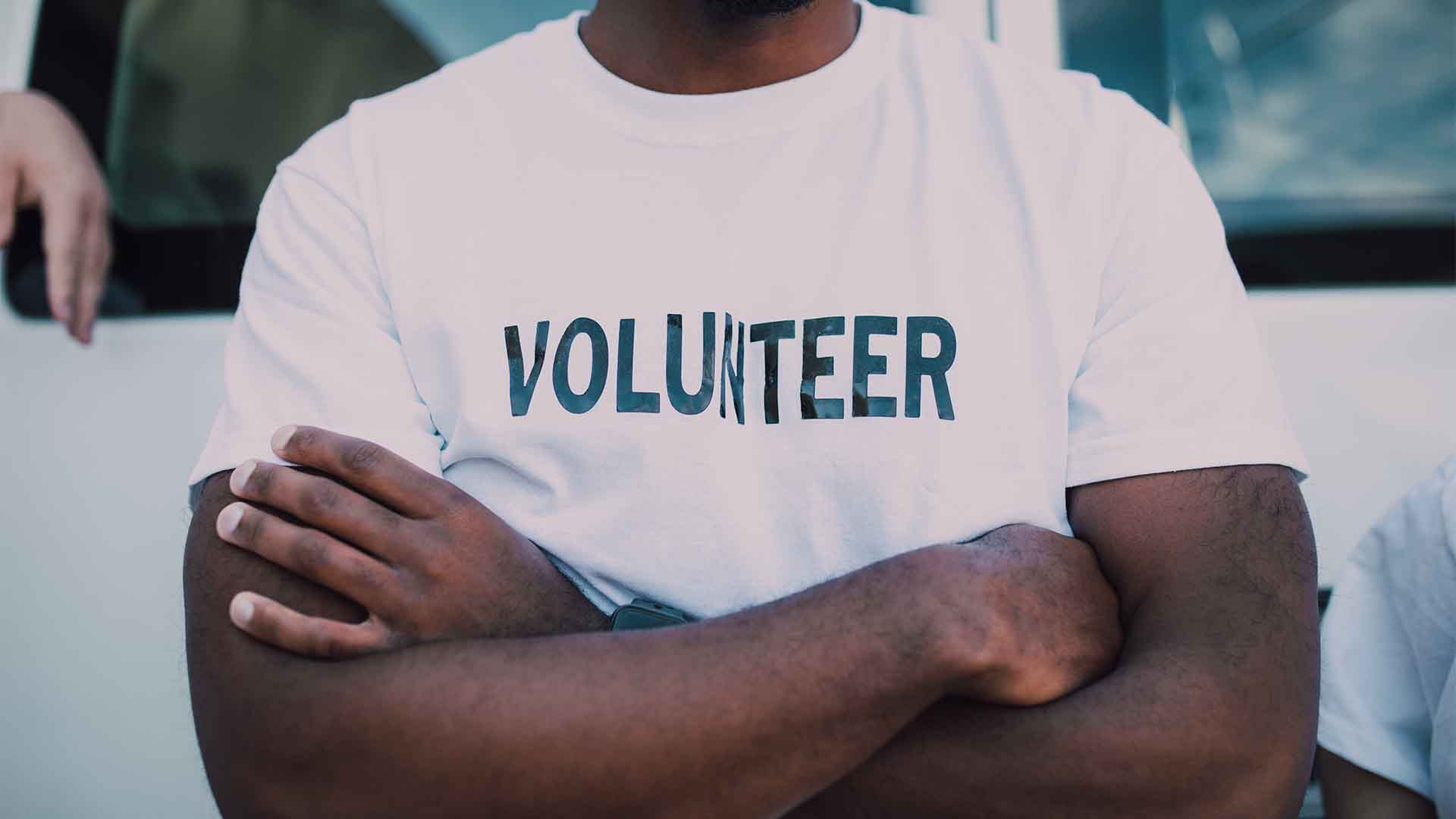
As residents continue to navigate the challenges posed by the LNG plant’s construction, their resilience and advocacy offer lessons in community empowerment.
By raising awareness and demanding accountability, they play a crucial role in shaping policies that prioritize both environmental sustainability and community well-being.
A Call for Change
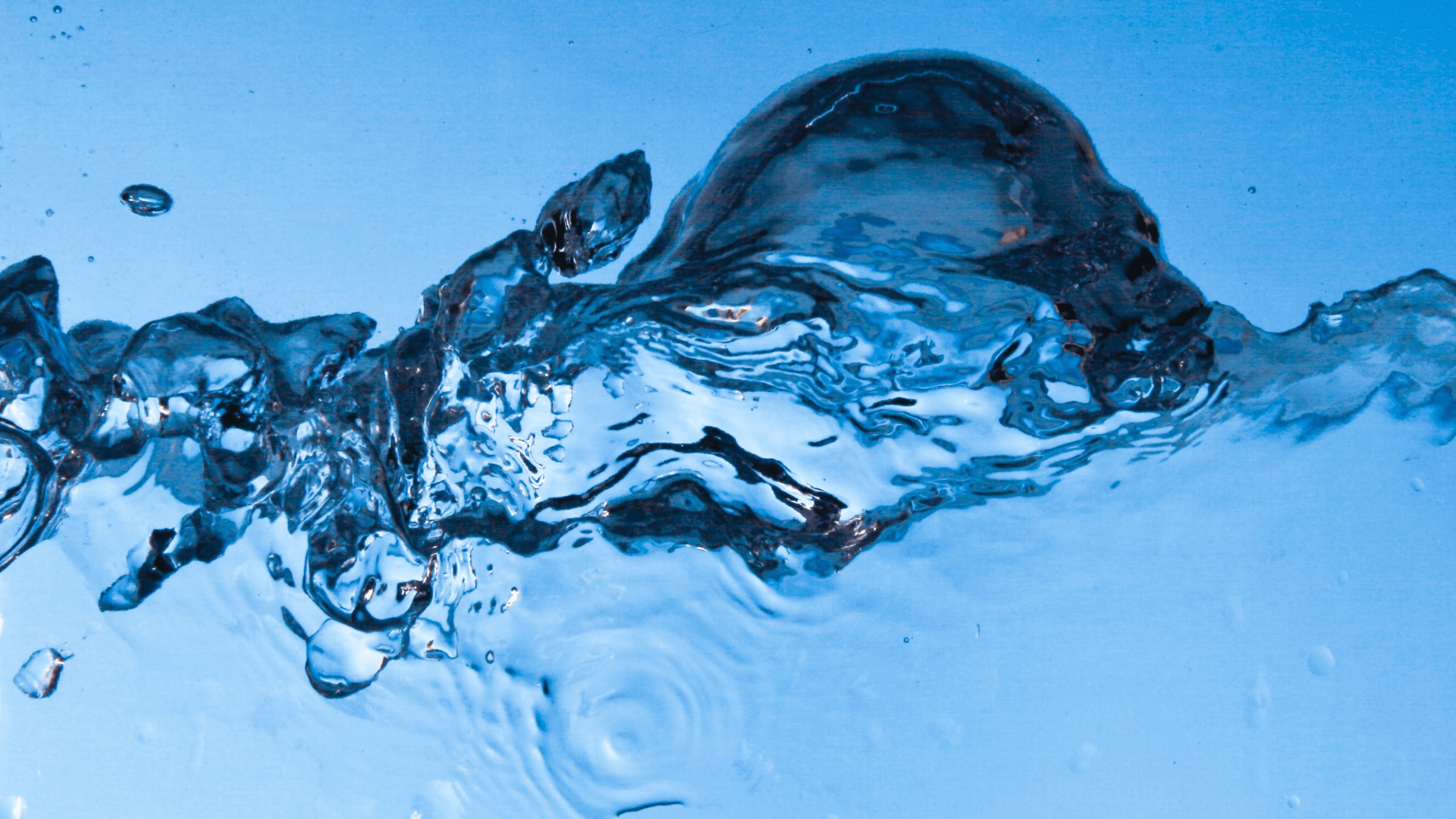
The ongoing situation in Plaquemines Parish is more than a local issue. It’s a global reminder of the delicate balance between development and sustainability.
As the world continues to face water scarcity and environmental degradation, the story of southern Louisiana calls for a reevaluation of how we use and manage natural resources. It’s a call for change that resonates beyond the borders of Louisiana, urging for a future where development and the environment can coexist harmoniously.
